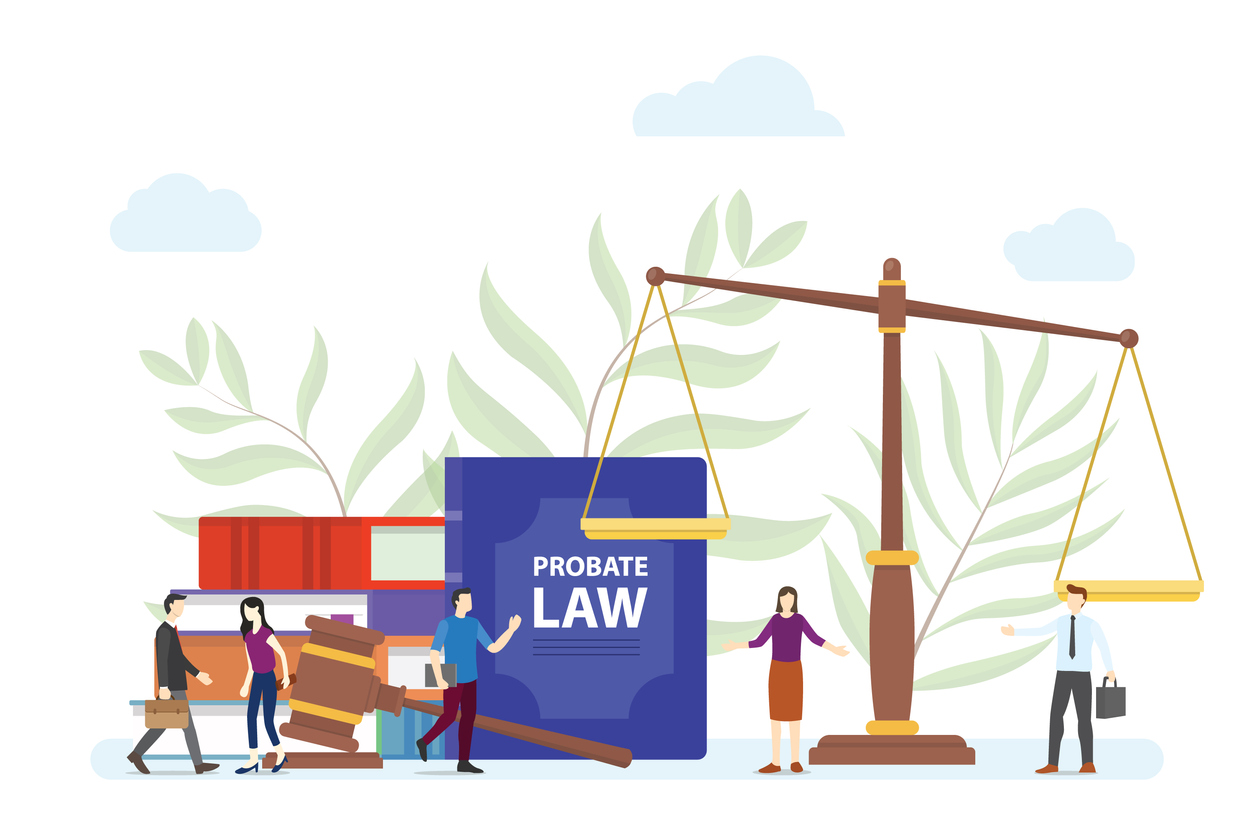It’s sometimes difficult for us to have certain conversations with our loved ones, but so many of them are important, and will save family members heartache, and undue expenditure of resources.
An important part of Karen’s job is to be able to remain knowledgeable in order to best advise her clients. One important topic revolves around the inheritance of real estate from a departed family member. Below, some highlights.
What is probate?
Probate is the legal process by which title to assets are transferred from one person to another. When someone passes away, he or she is obviously no longer capable of transferring assets, and that’s where the legal process of probate rises up.
Probate is a court proceeding, and court proceedings involve judges. Great idea to leave as little as possible to a judge’s imagination as they are human, and fallible. Oftentimes, there are multiple people that will feel entitled to lay claim to a deceased family member’s assets as probate is designed to alert all potential heirs, as well as potential creditors. The entire process is public record, as well, so anybody can pull a case file to identify family members, where they live, and assets.
Selling a Home After a Family Member is Deceased. How Long Does It Take to Sell A House In Probate?
Probate cases can last several months to many years depending upon how many cases are being handled by courts, the number of objections, and creditors’ claims, and other factors.
When the matter does reaches its conclusion, creditors and taxes are paid first… deserving family members are paid out last.
When the owner of a piece of real estate passes, the land or house becomes part of the probate proceeding. The factors that determine length of time required to sell or transfer the house/property include:
- Whether there is a will or no will, even though both go through probate
- How the house is titled
- How many heirs there are and whether there’s conflict among them
- How quickly you can get a motion filed. This is a separate filing from the will itself
- Potential extra steps required for sale
- The court’s backlog
With court approval comes the actual selling part, which is where a seasoned Realtor comes in. Realtors help families get the house ready to sell, facilitate repairs that will streamline the sale, and help decide whether selling the property “as-is” makes sense.
Then, efficient and effective marketing the property, and bringing all offers to the family or trustee of the estate to make a “closing table’ more inevitable.
Karen recommends consideration of a living trust which can help avoid extended probates and ease the process for family.
What’s a Living Trust?
A legal document that states who will manage and distribute assets if you’re unable to do so, and unequivocally determine who will receive them. Having one clearly communicates the decedent’s wishes, and leaves far less to chance, or in the hands of courts.
For more real estate topics and terms, check out Karen’s website section of Helpful Terms and more blogs from her Blog Section
where she explores a wide variety of real estate topics. If you have questions about probate and real estate, feel free to contact Karen. If you are ready to find your next home, or are considering listing your home, get in touch with Karen. She would love to help you with your plans.









